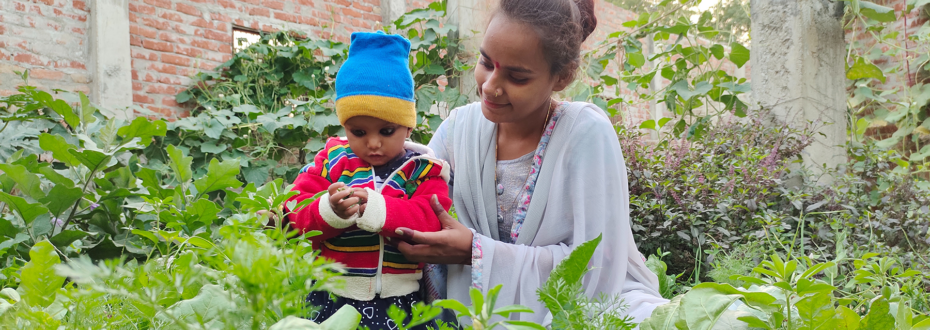It’s often said that anyone can have a mental health problem. And this of course is true. But our chances of having good or poor mental health are far from equal. The lives we’re born into, the places we live, the circumstances we face and the events we experience determine our chances of enjoying good mental health or not.
Some of the inequalities in mental health that exist in our society today are stark. Children living in the lowest income households are four times at risk of having a mental health difficulty by the time they leave primary school than those from the wealthiest families. Black people living in Britain are four times more likely to be sectioned under the Mental Health Act as white people.
These are not inevitable facts. It doesn’t have to be this way. It’s not being Black that puts people at greater risk of severe mental illness, it’s racism, oppression, and racial injustice. Being gay, or autistic, or disabled, or trans does not in itself make you more likely to have poor mental health; but the exclusion, bullying, discrimination and isolation you are more likely to experience do.
But we know this can change. Taking people and families out of poverty improves their chances of having good mental health. Government policies that seek to reduce poverty or mitigate its effects – for example through a fairer benefits system or better rights at work – have been shown to reduce levels of depression. Better, warmer, and more secure housing can protect adults’ and children’s mental health. Inclusive education has been shown to reduce homophobic bullying and protect the mental health of LGBTQ+ young people.
Health Equals is a partnership dedicated to putting the things that create good health and those that harm health in the spotlight so that we all have a better chance of a long and healthy life. In doing this, mental and physical health will need to go hand in hand. It’s not right that in 2023 people living with a mental illness have a life expectancy that’s up to 20 years shorter than average. Too often, poor mental health leads to poorer physical health, too.
If we change the narrative that blames people for their unhealthy ‘lifestyles’, ‘habits’ and ‘behaviours’, maybe we can create a future where everyone’s health is properly protected, and where governments, businesses and communities make the healthy choices that enable all of us to live well.
We’re delighted to be a partner in the Health Equals campaign because we know that good mental health can be created in a society that prioritises wellbeing and tackles the things that affect our health for better or worse.
This blog was originally featured on the Health Equals website.




